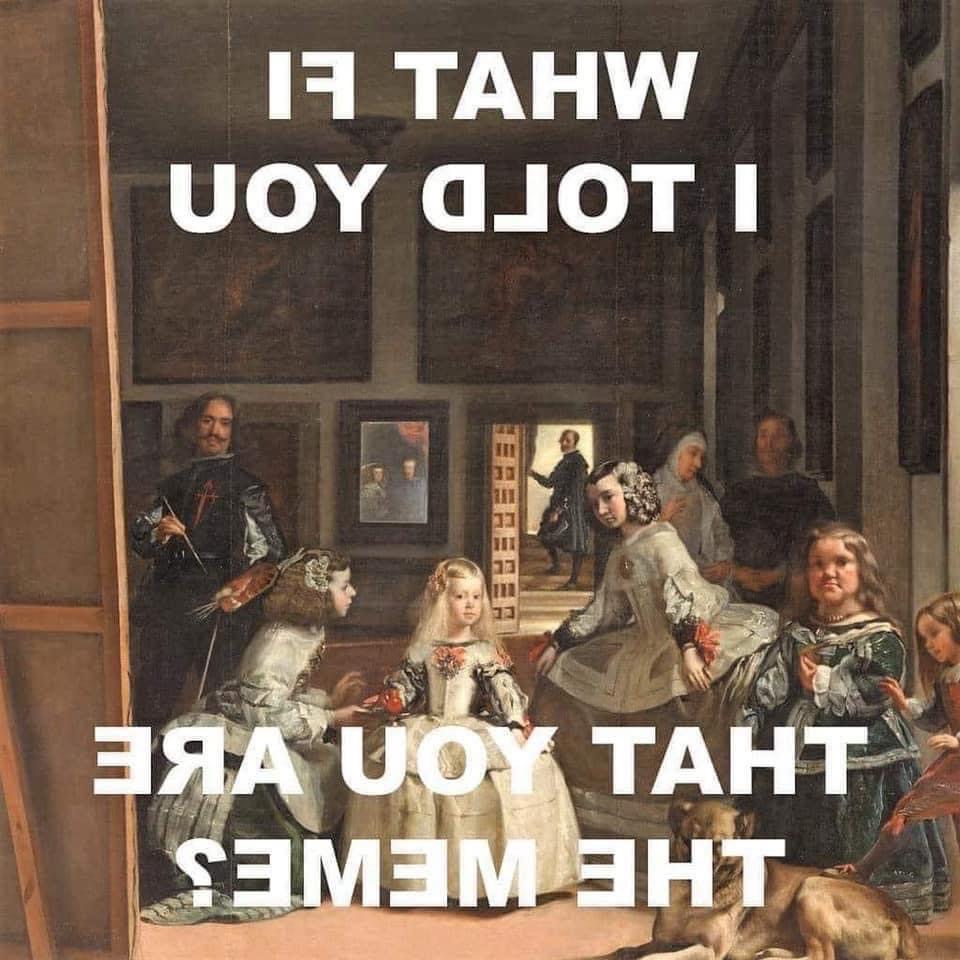 |
| Source: bridges together |
Thank you for reading this post, don't forget to subscribe!
Language and culture are two bidirectional components that are intricately interwoven together; the former is part of the latter and vice versa. Furthermore, one cannot separate the two without losing the significance of either language or culture. In addition, the multiculturalist context is considered as a melting pot where relations with the western culture are built, refined, and redefined, just by indulging ourselves in studying their literature we are opening the possibility of understanding their culture, again, these two entities reflect each other, literature is the mirror of the peculiar society, and society had the tendency to make literature peculiar to itself, therefore, one determines the other.
The education setting is worth contemplating, the professor and student are from the same culture sharing the same paradigms and beliefs and the class is taking place within the national boundaries. Thus, the inquiry won’t touch upon the issue where the students are natives and the professor is a foreigner or vice versa, that will be teaching and studying English in a cross-cultural context, and therefore, that would be a slightly different subject.
It is found useful to initiate this article by the positive experiences, which tend to bridge the gap; foster understanding; promote complementarily and brotherhood rather than escalating the gap and problematizing the relations. First, by approaching their literature we show interest for the cultural others, moving forward removing any kind of prejudices, regardless of any reductionism and essentialism hold about us on the basis that we are all human beings and are able to trespass our differences.
 |
| Source: Family and relationships |
Second, diminishing the concept of otherness, by getting acquainted with their culture, customs, and beliefs you feel like you should look for another designation rather than ‘Them’ of the ‘Other’, therefore they are no more than cultural other.
Third, internalizing western values, quite experimental to the extent that you get fascinated by this culture then you find yourself adopting certain conducts, the western paradigm is almost with no nexus in comparison with others of the developing cultures, internalizing not implicating could be considered as good, and this will be clear in the second half of this paper.
Fourth, most importantly, derived from the ideas tackled above, came as a consequence of all these procedures is that of preserving the relationship between these two poles of the world, rather than this severe polarity out of the academic space we are able to create a third space where we and them can be one regardless our acute differences.
Culture shock is that cognitive disturbance and anxiety which is emerged when one is put into a cultural situation different from their own, especially when they encounter certain cases which are socially, religiously, and morally different so that can cause them blushing, unrest, fascination, annoyance and offend. First, in the context of many cultures, sexuality in its literal meaning makes offend, since it acquired a reluctant tendency when it comes to dealing with topics sexuality is at their axis. We happen to be dealing with text that are sexually driven, which is on one hand not only different but also offensive, but in the other here where lies the notion of internalizing the western values, so that we can dwell on talking and analyzing sexuality without even think we are in a shaky position.
 |
| Source: Noteworthy-The Journal Blog |
Another observation is that of English usage, English as a foreign language mitigates the shock when it is peculiarly used to discuss these topics instead of the mother tongues; therefore English is used for switching. Second, in the cultural paradigm, the divine is sacred and holy, mocking or cursing is a fatal sin. But, when we read absurdist literature we come to encounter a hail of these discrepancies which are all, in our context, banned and called for religious inquisition. In “A Well Clean Lighted Place” the author mocks divinity and parodies the sacred text, the reaction, therefore, is negative, and saying “my goodness!” is the only outlet. Third and last, this point is quite problematic and controversial, since it transcends to what is politically mingled with power and domination. In other words, because of colonization, the world comes to acquire a hierarchical and conflictual nature.
N.B: This article does not present facts.
If you think these tips are useful, please “SHARE AND CARE”







